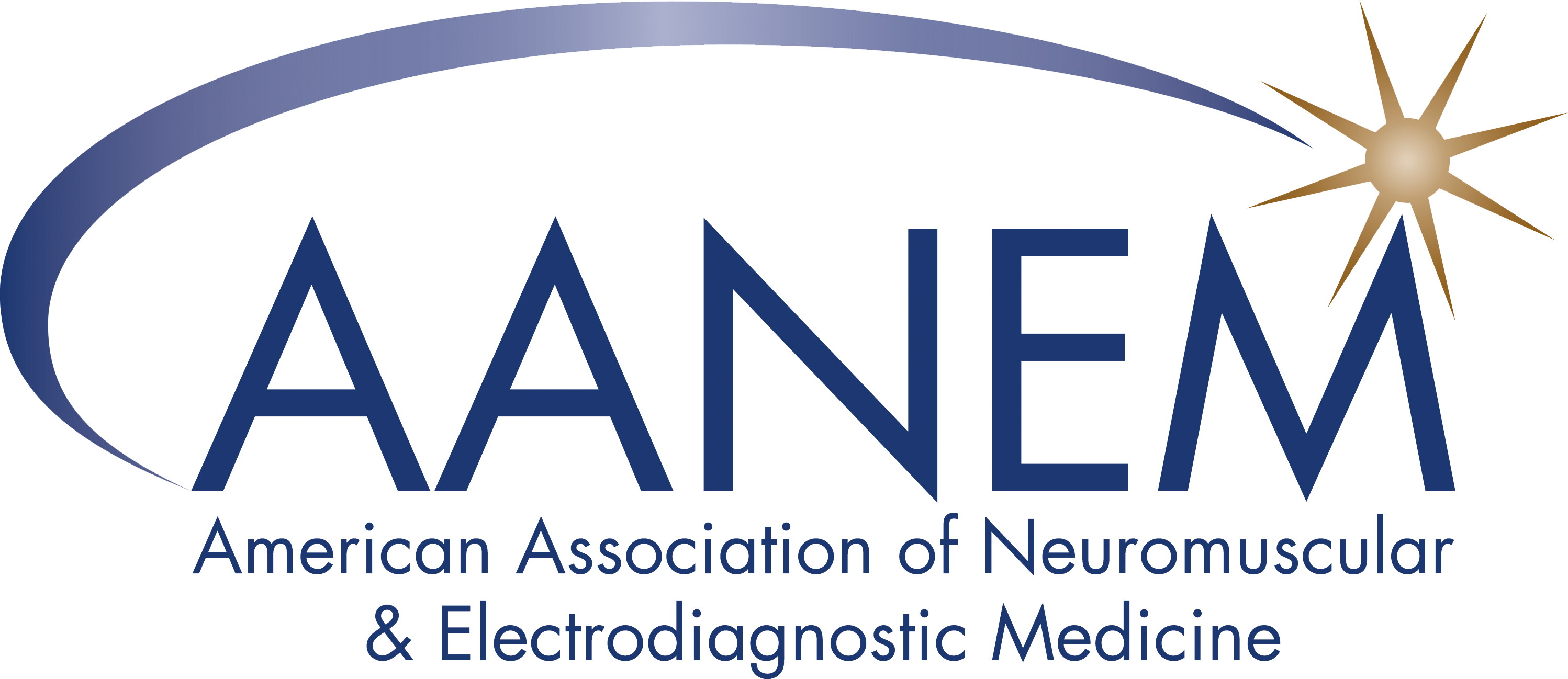Congenital Myasthenia Gravis
What is Congenital Myasthenia Gravis?
Congenital Myasthenia Gravis (CMG) is a form of weakness most likely presenting itself during infancy with fatigability, difficulty sucking on pacifier, inactivity, and decreased tone of the muscles. The muscles often affected are the voluntary muscles, some neck and limb muscles, muscles used often, (like those in the eyes and face), and possibly those used for breathing.What causes Congenital Myasthenia Gravis?
Various abnormalities of communication between the nerve and muscle cause this syndrome. Usually an impulse travels along the nerve. When it reaches the end of the nerve, a chemical neurotransmitter is released. Neurotransmitters send information from the end of one nerve to the beginning of the next. Eventually the message reaches its destination—for example, a muscle—and the message is received. In myasthenia gravis, the body's immune system destroys the part of the nerve that receives the neurotransmitter. Therefore, the muscle receives no message.Who gets Congenital Myasthenia Gravis?
Anybody can get congenital myasthenia gravis. People of all ages, backgrounds, and both sexes are equally likely to develop the disease. However, women are more likely to notice the symptoms earlier than men. CMG can be inherited, however most of the time it is acquired through development in the uterus, or “congenitally.”How is Congenital Myasthenia Gravis diagnosed?
If Congenital Myasthenia Gravis is suspected, the infant should be urgently evaluated or taken to a hospital. Repetitive nerve stimulation and single-fiber EMGs can help diagnose the presence of a neuromuscular abnormality.How is Congenital Myasthenia Gravis treated?
Resting is one of the best treatments to help those with CMG. Medication may be helpful, though care is supportive. Medications include those to improve neuromuscular transmission, those that increase muscle strength, and those that suppress production of abnormal antibodies. People with congenital myasthenia gravis will most likely lead a normal life. It is possible that they may go into remission, though.
More Information
National Organization for Rare Disorders
Muscular Dystrophy Association
The Myasthenia Gravis Foundation of America
National Institute of Neurological Disorders and Stroke
Help Fund Research
The foundation funds important research and helps support education through awards and fellowship funding. Donate today and 100% of your donation will be used to support these initiatives.
Find Support
AANEM's membership and accredited laboratory directories can help patients find qualified professionals for diagnosis and treatment.
Find a Doctor Find an Accredited Lab